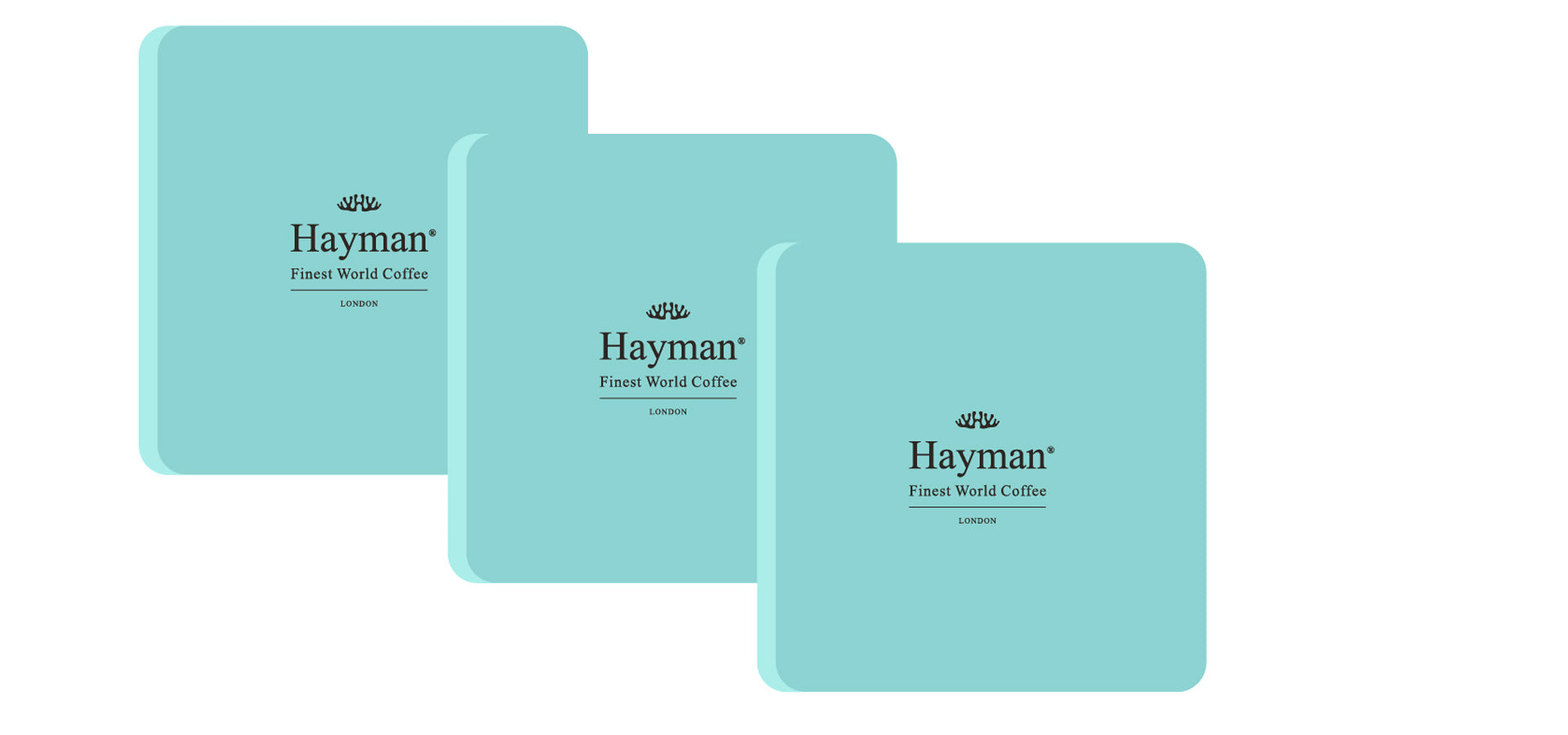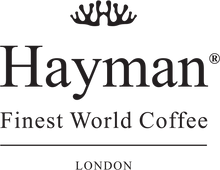What is Another Word for Corporate Gifts?

Corporate gifting has become an integral part of business strategy, fostering relationships, boosting morale, and expressing gratitude to clients, employees, and partners. However, while “corporate gifts” is a widely recognized term, many other words and phrases capture the essence of company gift ideas. These alternatives can convey different aspects of the intention behind the gift, whether it’s to celebrate, acknowledge achievements, or simply build stronger connections.
In this article, we’ll explore alternative terms for corporate gifts (or, in short, corp gifts), understand their nuances, and see how they are applied in various contexts. Let’s look at how different phrases can add fresh dimensions to your corporate gifting strategy.
1) Business Gifts
Meaning and Context:
“Business gifts” is a straightforward alternative to corporate gifts and is often used interchangeably. This term broadens the scope to include any gift given within a business context, whether to clients, vendors, employees, or partners. Business gifts can range from branded merchandise to personalized luxury items.
When to Use It:
The term “business gifts” works well in a variety of scenarios, from small gestures of appreciation to more substantial tokens for loyal customers. It’s an especially appropriate term for general business-to-business exchanges, where formality may vary but professionalism is essential.
Examples of Business Gifts:
- Customized pens, notebooks, or stationery.
- Branded travel accessories for frequent business travelers.
- High-quality gift baskets or hampers with gourmet items, such as coffee gift baskets.
2) Client Appreciation Gifts
Meaning and Context:
Client appreciation gifts are specifically designed to show gratitude to clients and customers. These gifts often reinforce the relationship and show that the company values the client’s business. This term emphasizes the sentiment of appreciation and is typically used for loyal customers or clients who have reached a significant milestone in their relationship with the company.
When to Use It:
“Client appreciation gifts” is ideal when a business wants to strengthen relationships with high-value clients or customers. They’re often given after a project completion, an anniversary, or a milestone achievement.
Examples of Client Appreciation Gifts:
- Personalized items like engraved glassware or pens with the client’s name.
- Luxury chocolates, specialty coffees, wines, or other fine treats.
- Exclusive products or limited-edition merchandise.
3) Employee Recognition Gifts
Meaning and Context:
Employee recognition gifts are intended to reward and acknowledge the efforts, dedication, and achievements of employees. The term is often used in employee engagement and human resources contexts, where these gifts help boost morale, increase motivation, and improve overall job satisfaction.
When to Use It:
This term is particularly useful in the context of company events, such as award ceremonies, milestone celebrations, or annual performance reviews. Recognition gifts can range from practical items to meaningful keepsakes, depending on the occasion and the achievement being recognized.
Examples of Employee Recognition Gifts:
- Plaques, trophies, or framed certificates for achievements.
- Gift cards to favorite restaurants or stores.
- Personalized gifts such as monogrammed journals or photo frames.
4) Promotional Products
Meaning and Context:
Promotional products, or “promo items,” are typically branded gifts designed for marketing purposes, aimed at raising brand awareness. These items are usually lower in cost and distributed in bulk at trade shows, events, or as part of marketing campaigns.
When to Use It:
Promotional products are suitable for mass gifting scenarios where the goal is to increase brand exposure rather than to provide a deeply personal gift. These items are commonly given to potential clients, event attendees, and the general public to boost the visibility of the brand.
Examples of Promotional Products:
- Branded pens, keychains, and magnets.
- T-shirts, caps, or bags with the company logo.
- Reusable water bottles, mugs, or USB drives.
5) Incentive Gifts
Meaning and Context:
Incentive gifts are rewards given as part of a performance-based incentive program. These gifts are usually offered to employees, sales teams, or business partners as motivation for achieving certain goals, such as meeting sales targets, closing major deals, or maintaining outstanding performance.
When to Use It:
The term “incentive gifts” is commonly used in corporate programs where rewards are aligned with specific performance metrics. It works well in competitive environments where employees or salespeople are encouraged to meet targets or quotas.
Examples of Incentive Gifts:
- High-end electronics such as tablets or smartwatches.
- Travel vouchers or vacation packages.
- Memberships to clubs or subscription services.
6) Holiday Gifts
Meaning and Context:
Holiday gifts are typically distributed to clients, partners, and employees around the holiday season. They are usually seasonal, festive, and may include items that reflect the holiday spirit, such as gourmet treats, wines, or themed merchandise.
When to Use It:
Holiday gifts are appropriate for building goodwill and showing appreciation at the end of the year. They can be generic enough to appeal to a broad audience or personalized to reflect the relationship with the recipient.
Examples of Holiday Gifts:
- Gift baskets with seasonal items like hot cocoa, cookies, and candles.
- Wine bottles with personalized labels.
- Fresh roasted specialty coffee and other coffee gifts
- Branded ornaments or festive decorations.
7) Executive Gifts
Meaning and Context:
Executive gifts, sometimes called “luxury corporate gifts,” are high-end items given to senior executives, VIP clients, or business partners. These gifts are usually chosen for their premium quality and are meant to make a lasting impression.
When to Use It:
Executive gifts are ideal for high-stakes business relationships where the goal is to strengthen bonds with top-level executives or high-value clients. They’re often given during special meetings, deal closures, or important corporate events.
Examples of Executive Gifts:
- High-quality leather goods like briefcases or wallets.
- Premium writing instruments or luxury pens.
- Fine wines, crystal decanters, or personalized watches.
8) Onboarding Kits
Meaning and Context:
Onboarding kits are a unique form of corporate gift meant for new hires. They include essentials to help new employees get started, often including branded items and practical tools to create a warm and welcoming experience.
When to Use It:
The term “onboarding kit” is specific to employee onboarding and is used to introduce new employees to the company culture. It’s a great way to make a positive first impression and help new hires feel valued from day one.
Examples of Onboarding Kits:
- Branded notebooks, pens, and mugs.
- Company apparel such as T-shirts or hoodies.
- Essential office supplies, plus a welcome note.
9) Thank-You Gifts
Meaning and Context:
Thank-you gifts are specifically given to express gratitude, whether for successful collaboration, client loyalty, or a business favor. These gifts carry a straightforward message of appreciation and are often more personal.
When to Use It:
Thank-you gifts are suitable after business events, upon project completions, or as follow-ups to a successful meeting. These can be personalized to reflect the unique relationship and are often chosen to show thoughtful appreciation.
Examples of Thank-You Gifts:
- Handwritten cards with a small gift, like a premium pen.
- Gourmet gift baskets or artisanal treats, like top quality coffee presents.
- Experience-based gifts, such as dinner reservations or event tickets.
10) Welcome Gifts
Meaning and Context:
Welcome gifts are given to new clients, employees, or partners to create a positive first impression and start the relationship on the right foot. These gifts are often small but meaningful and represent a gesture of hospitality.
When to Use It:
The term “welcome gift” is fitting for welcoming new members to the team, onboarding clients, or marking the start of a partnership. It’s ideal for setting the tone for a friendly and collaborative relationship.
Examples of Welcome Gifts:
- Branded tote bags filled with small, useful items.
- Coffee or tea sets for a warm first impression.
- Personalized gifts, like a notebook with the client’s name.
Conclusion: Choosing the Right Term to Match Your Intent
Whether you choose “business gifts,” “client appreciation gifts,” “incentive gifts,” or “welcome gifts,” each term carries its unique meaning and implication. By selecting the right language for corp gifts, businesses can more accurately communicate their intentions, align with the purpose of the gift, and ensure the gesture is well-received. Understanding the various terms and using them appropriately not only adds clarity to corporate gifting efforts but also enhances the overall impact and effectiveness of these meaningful exchanges.
At Hayman’s online store you will find the best coffee presents, which are the perfect gift in a world full of coffee enthusiasts. Browse through our specialty coffee menu and find wonderful company gift ideas. Our coffees are fresh roasted just prior to shipping and available as whole bean, ground coffee, and pods/capsules. And last but not least, they come in a beautiful box. Click HERE to order today, we offer free worldwide shipping!










